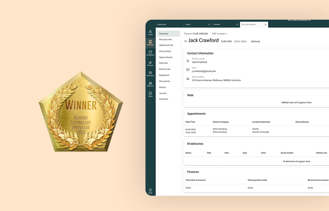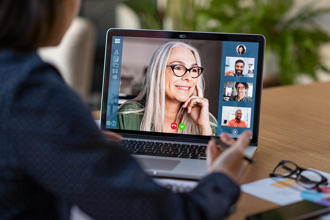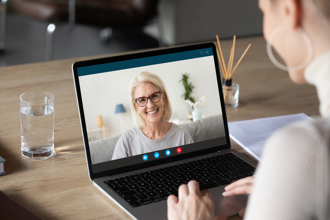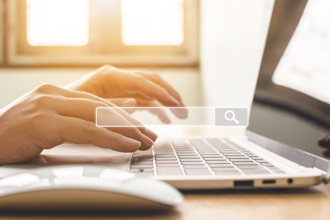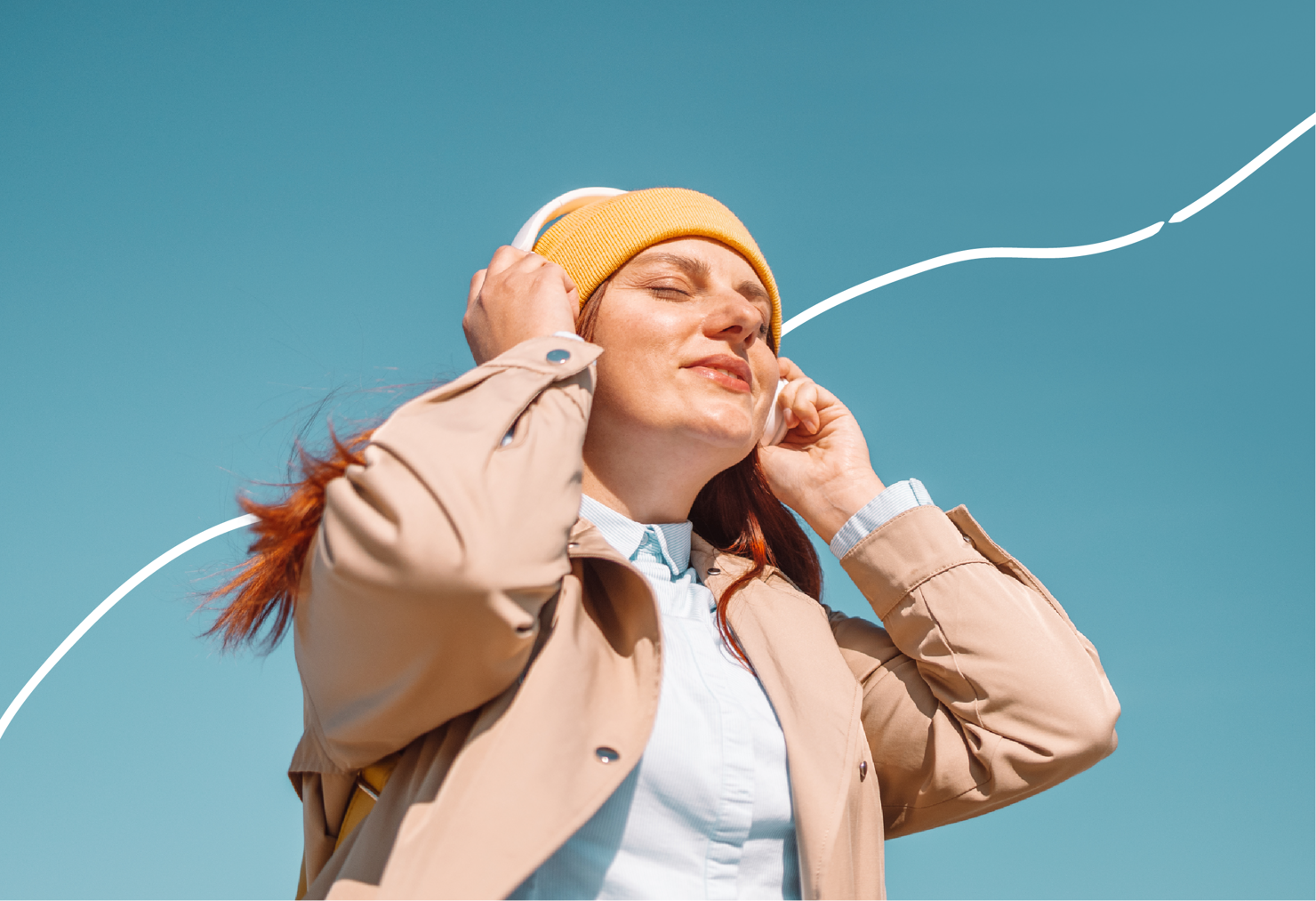
Researchers from the World Health Organization (WHO) found that up to 1.35 billion young adults between ages 18 and 34 regularly listen to dangerously loud music on personal headphones and at entertainment venues, which is jeopardizing their current and future hearing health.
According to the study, approximately 24% of 12- to 34-year-olds are listening to music on personal listening devices at “unsafe levels,” defined as 80 decibels or higher, for over 40 hours per week.
WHO estimates that more than 430 million people worldwide currently have disabling hearing loss. While hearing loss is typically more common as people age, WHO cautions that younger people have become much more vulnerable to it because they’re frequently listening to loud music.
The researchers concluded that the need to promote safer listening practices for young people is “urgent.”
Listening To Loud Music is Common – And Damaging

Globally, young people are excessively listening to loud music – as high as 105 decibels – through their headphones. And when they attend live music concerts, the sound levels are, on average, between 104 and 112 decibels, which is significantly higher than recommended sound levels of less than 85 decibels. Sounds at or below 70 decibels, which is in the range of normal conversation, are considered safe and unlikely to cause hearing loss.
Other factors that could contribute to potential hearing loss include the duration people listen to loud music and the frequency of the sounds.
This new research backs up a 2011-2012 study from the Centers for Disease Control and Prevention that found hearing loss from exposure to loud noise was widespread in the United States, affecting between 10 million and 40 million people. They described it as a “significant, often unrecognized health problem.”
How Does Listening To Loud Music Create Hearing Loss?
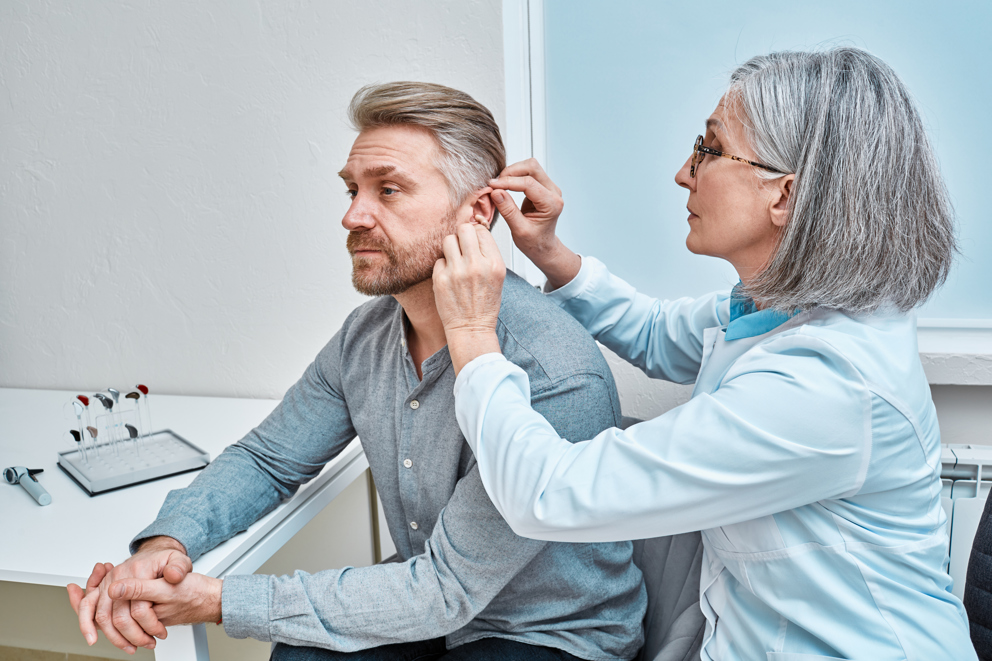
Loud noise is particularly harmful to the inner ear (cochlea), and can damage the cochlea’s outer hair cells or cause these cells to die. These cells, which are responsible for amplifying sounds, help people hear better. If they’re damaged by loud noise, they won’t properly amplify everyday sounds, and the person won’t be able to hear as well.
The experts found that hearing loss progresses if the exposure continues, and these harmful effects might continue even after noise exposure has stopped.
New research also suggests that loud sounds can permanently interfere with the connection between inner hair cells and the auditory nerve, which transmits sound signals to the brain.
The study found that, while ongoing exposure to loud music is damaging, even a one-time incident of listening to extremely loud sounds can cause hearing loss. Repeated or even single instances of unsafe listening may cause physiological damage to the auditory system, which may present as transient or permanent tinnitus and/or hearing loss.
Damage to the inner ear or auditory neural system is generally permanent.
How to Educate Your Patients?

Knowledge is power, so be sure to educate your customers (and prospects) about how to prevent hearing loss by being aware of how loud music can harm their hearing health. Even if your customers skew older, this information can be useful for them to share with their children and/or grandchildren.
Tips include:
- Test your ear buds or headphones. If you’re using ear buds or headphones, take them out and hold them out to arm’s length. If you can still hear the music clearly, even at arm’s length, it’s too loud.
- Reduce your risk at concerts. To lower your risk for hearing loss at a loud concert or music venue, stand far away from the stage and speakers, and wear high-quality earplugs or noise-reducing headphones to protect your ears.
- Know the risks. Hearing loss results from loud music, listening to loud sounds for too long, and the frequency that you’re exposed. Minimize these factors to reduce your risks.
- Use your phone’s sound monitoring feature. Most smartphones now come with software that can monitor safe listening levels and limit exposure to unsafe volumes.
- Know that early exposure increases later risks. Just as sunburns in childhood or adolescence increase your chances of developing skin cancer later in life, damage from unsafe listening can be compounded over time. Exposure to excessive loud noise earlier in life may make people more vulnerable to age-related hearing loss.
- Promote the importance of hearing screenings. Inform your customers (and their relatives) about how important it is to perform regular hearing screenings. Let them know that using an iPad screener is an efficient, accurate way to screen their hearing and does not require them to come into a hearing clinic for a full exam. Encourage them to stay proactive around their hearing health.
- Understand why hearing health is so important. Hearing loss in children and teens can lead to poorer academic performance and reduced motivation and concentration. For adults, hearing loss could be linked to a mental health decline, including depression, dementia, and other cognitive impairments. Your hearing isn’t going to come back once you’ve lost it, so if you don’t protect yourself while you’re young, you could have hearing loss for the rest of your life.
- See an audiologist. If there’s any chance that someone’s hearing has been compromised by loud music – or for any other reason – they should see an audiologist for a proper hearing exam.
With the rise of hearing loss amongst younger people, hearing clinics would be wise to generate awareness about this important issue – and drive additional traffic to their practice.
Auditdata Solutions
Raising Awareness, Improving Lives
As a leading provider of audiology solutions, we see it as our responsibility to raise awareness about the consequences of undetected hearing loss, help guide individuals to take the initial steps toward detection and treatment, and advise hearing care professionals on how to provide the best care experience.
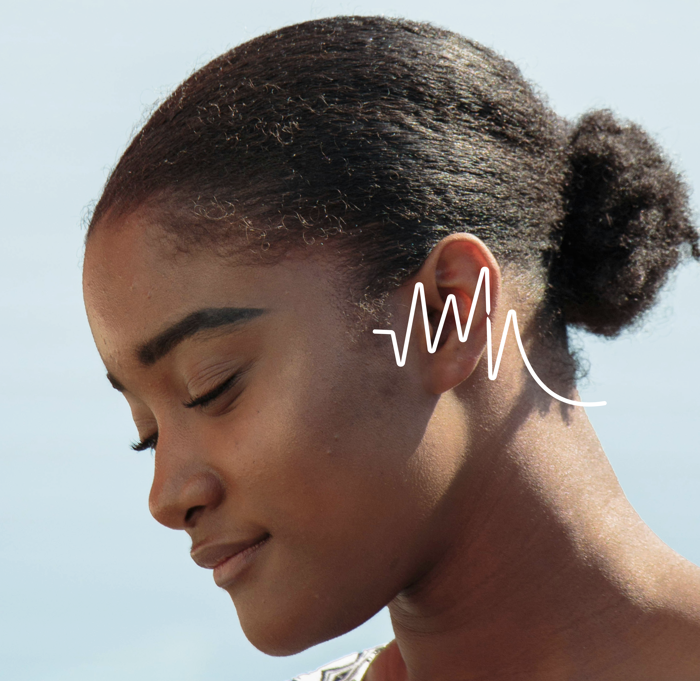
Other Blogs You Might Enjoy:
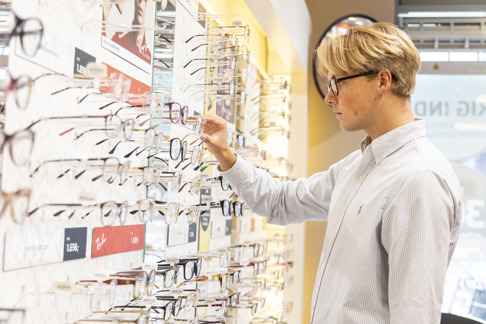
Exploring the Double Standard of Hearing Aids and Glasses
Why is there a stigma around wearing hearing aids, but not around wearing glasses? Eyeglasses were once a sign of age and impairment – remember the cruel old taunts of “four-eyes” – but are now seen as cool and trendy. Hearing aids should have a similar evolution: from stigmatizing burden to innovative, wearable tech.
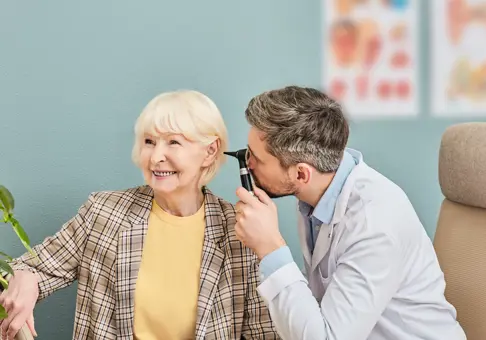
Why People Don't Wear Their Hearings Aids - Responding to Common Hearing Aid Objections
No one wants to have a hearing loss, and most people are not excited about the prospect of needing hearing aids. How can you, as a hearing care provider, help them overcome the barriers and realize the benefits of getting hearing aids?
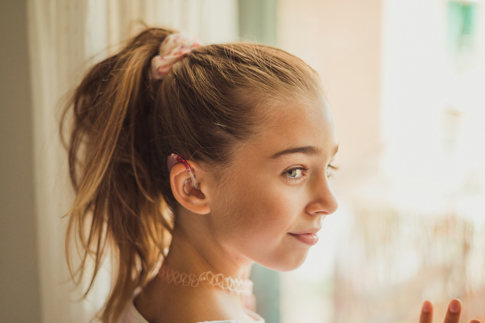
Unveiling the Age Bias & Adding Diversity in Hearing Aid Advertisements
Hearing aid advertisements often feature older, Caucasian people passively sitting in chairs while wearing their hearing aids, which feeds into negative stereotypes about hearing loss. To change the perception of hearing loss – and show that it happens to people of all ages, races, backgrounds, etc. – advertising and marketing efforts must become more inclusive. Read this blog for tips on how to accomplish this.
Don't Miss Out On the Latest Insights On Audiology
Sign up today to receive exciting updates, tips, and the latest newsletters from Auditdata.
Resources
⭐️ Loud music may be damaging ears of 1 billion young people, study says
⭐️ One billion young people risk hearing loss from loud music
⭐️ Pumping loud music is putting more than 1 billion young people at risk of hearing loss
⭐️ Quick Statistics About Hearing
⭐️ Vital Signs: Noise-Induced Hearing Loss Among Adults — United States 2011–2012
